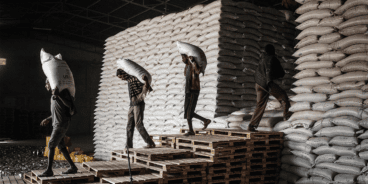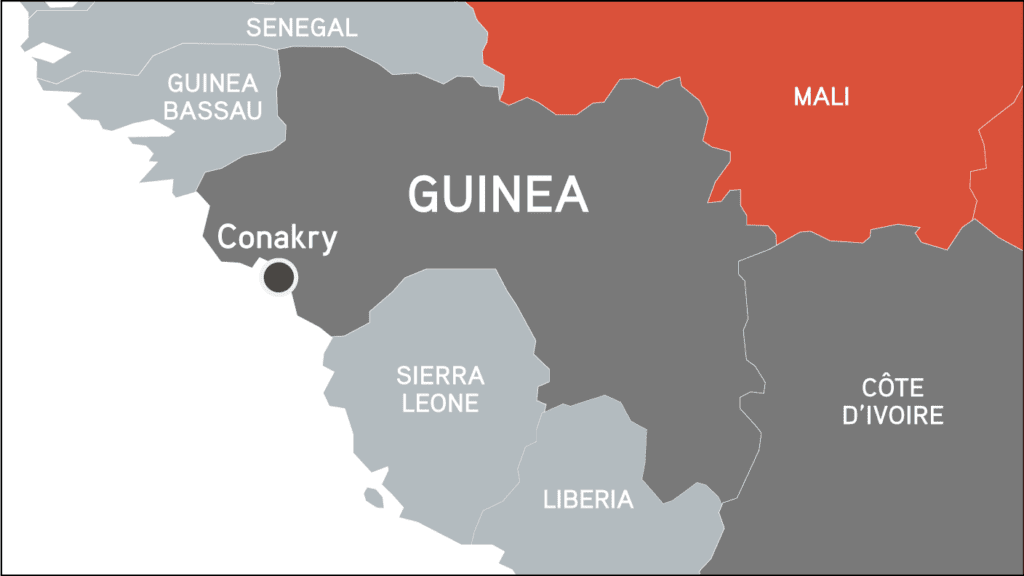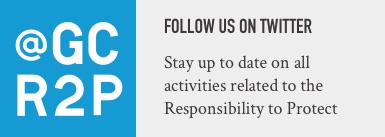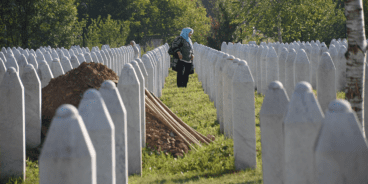
Guinea
Political and ethnic tensions in Guinea have previously left populations at risk of mass atrocity crimes.
On 28 September 2009 groups of opposition supporters organized a demonstration in a stadium in Conakry, Guinea, to contest junta leader Captain Dadis Camara’s reported intention to break his promise to cede power to civilian rule in the January 2010 elections. During the peaceful protests, security forces opened fire on the crowd, resulting in over 150 deaths and 1,200 injuries, while security forces also committed widespread rape and sexual violence.
In the immediate aftermath of the 28 September incident, the UN established a Commission of Inquiry on the situation. The commission concluded that the crimes perpetrated were part of a “widespread and systematic attack” that could be described as crimes against humanity. The commission’s report indicated that members of Camara’s National Council for Democracy and Development (CNDD) had prior knowledge of the planned demonstration and had incited the armed forces to commit violence against civilians.
In addition to establishing the Commission of Inquiry, the international community took a number of steps to respond to the crisis and condemn the actions of the government, including the imposition of an arms embargo by the Economic Community of West African States (ECOWAS) Following months of mediation facilitated by ECOWAS, various Guinean stakeholders signed the Joint Declaration of Ouagadougou on 15 January 2010, agreeing to the formation of a National Unity Government and the holding of elections within six months. Despite numerous security risks, President Alpha Conde was elected in December 2010.
The government planned to hold legislative elections in 2011, but these were postponed several times before they were eventually held on 28 September 2013, the anniversary of the 2009 stadium massacre. During political protests in Conakry demonstrators and security forces again engaged in violent clashes, resulting in more than 50 deaths between March and September 2013. Security forces were again widely accused of using excessive force. The violence also deepened hostility between ethnic Malinke and Peuhl populations, resulting in widespread fear that renewed fighting would occur during the elections. Despite these fears and allegations of voting irregularities, the elections were relatively peaceful.
Despite a number of years of relative peace, numerous challenges remain, including a lack of sufficient accountability for excessive force by security forces and the need for urgent security sector reform. Security forces continue to be accused of using excessive and deadly force against protesters, including following local elections in 2018 and during anti-government protests that started in October 2019.
Related Content

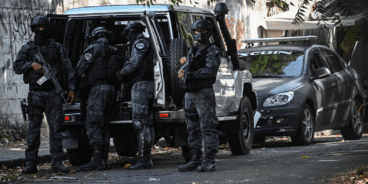
Atrocity Alert No. 319: Venezuela, Guinea and Democratic Republic of the Congo
